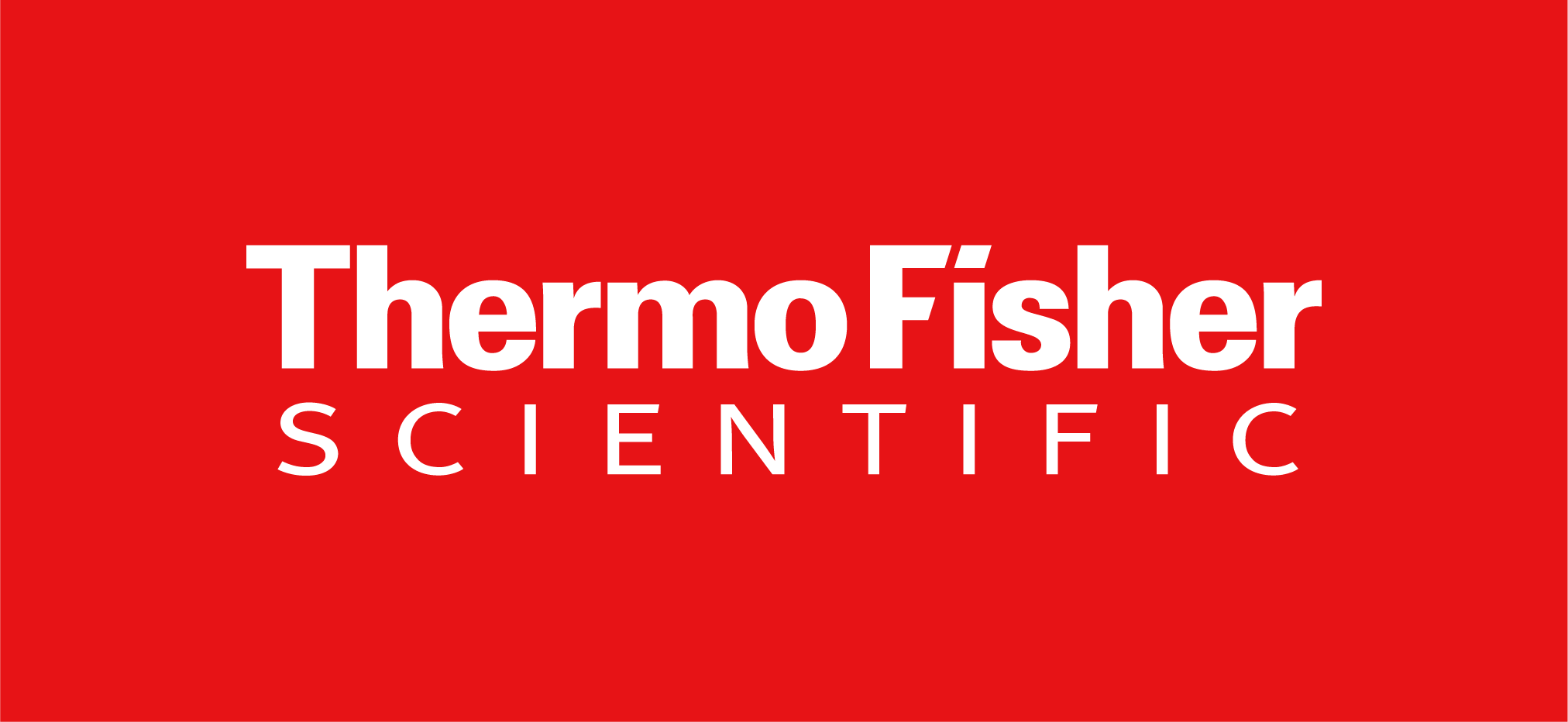CSR strategy
Our CSR approach is built on a framework of four key pillars—Operations, Colleagues, Communities and Environment—that enable us to effectively manage the business, driving competitive differentiation and creating sustainable value for all our stakeholders. Reflected in our company goals, our CSR strategy is embedded across our organization and operations, and supports our long-term success. We continue to create a great place to work for our colleagues, provide high-quality products for our customers, deliver strong returns for our shareholders, make a difference in our communities and reduce our impact on the environment.
.jpg)
Stakeholder engagement
Our robust stakeholder engagement program is designed to foster strong relationships and provide opportunities for regular interactions throughout the year. We engage with a range of stakeholders through our program, including customers, colleagues, communities, shareholders, rating agencies, governments and regulators and suppliers and business partners¹. Our interactions, which include quarterly business reviews, shareholder engagements, site visits, surveys and industry group involvement, are essential for gathering feedback, informing stakeholders of our progress and understanding their evolving interests and expectations. Our proactive approach allows us to regularly integrate their insights into our strategy, focus areas and programs.
In addition to communication channels dedicated to each of our stakeholder groups, our company also participates in multi-stakeholder forums throughout the year. In 2024, these ranged from the World Economic Forum in Davos-Klosters, Switzerland, UN Climate Week in New York and the inaugural DCAT Sustainability Summit in Lugano, Switzerland to programs such as the Sustainable Procurement Pledge and Responsible Minerals Initiative™.
Priority assessment
Our CSR strategy is also informed by regular priority assessments, which continually align our approach with the causes most relevant to our business and our stakeholders. Our company leadership team ensures our CSR priorities are embedded in business decisions and operating practices, which we believe also strengthens our organizational culture to drive results and success. Our priority topics² are: innovation, product safety and quality, diversity and inclusion, talent management, community development, and climate change.
Reporting and transparency
Committed to transparent disclosure, our voluntary CSR reporting is guided by internationally recognized reporting standards and frameworks including:
- Global Reporting Initiative (GRI) Standards (2021)
- International Financial Reporting Standards (IFRS) Foundation’s Sustainability Accounting Standards Board (SASB) Standards for Medical Equipment and Supplies (2023-12)
- Recommendations of the Task Force on Climate-Related Financial Disclosures (TCFD)
- United Nations Sustainable Development Goals (SDGs)
- United Nations Global Compact Ten Principles (UNGCs)³
With a rigorous culture of compliance, we are also closely monitoring new and changing disclosure-related regulations as they emerge worldwide.
Beyond annual reporting, we participate in relevant third-party assessments for independent validation of our CSR progress over time. Select organizations provide feedback on our strengths and opportunities—insights that serve as additional inputs to our CSR strategy, practices and disclosures.
See our CSR disclosure index for more information on our alignment to standards and frameworks, and visit our Reporting hub to review additional reports we publish.
Sustainable finance
Our company’s investment and treasury strategies continue to integrate intentional business practices that help Thermo Fisher deliver on both our financial and societal commitments. We work with a differentiated network of banking partners, leveraging our market position to enlist them in elevated roles on US bond issuances—an approach that enhances our capital-raising strategy while more broadly increasing economic opportunity in the financial services sector. We are also active with corporate deposit and impact investing programs that support mission-driven banks and direct investments focused on addressing disparities in financial health and wealth. By doing business the right way, we are enhancing our finance management strategies, improving access to capital for underserved communities.
Endnote:
1. Our Annual Report on Form 10-K, CSR content and Proxy Statement also facilitate engagement and are relevant to all key stakeholder groups.
2. In our CSR reporting, when we use the terms “material,” “materiality” and similar terms, we are using such terms to refer to topics that reflect our significant economic, environmental and social impacts or are important to stakeholders and our business success. We are not using these terms as they have been defined by or construed in accordance with the securities laws or any other laws of the United States or any other jurisdiction, or as these terms are used in the context of financial statements and financial reporting, and nothing in this report should be construed to indicate otherwise.
3. UNGC is the United Nations Global Compact and is an initiative to align business strategies and operations to human rights, labor, environment, and anti-corruption.

